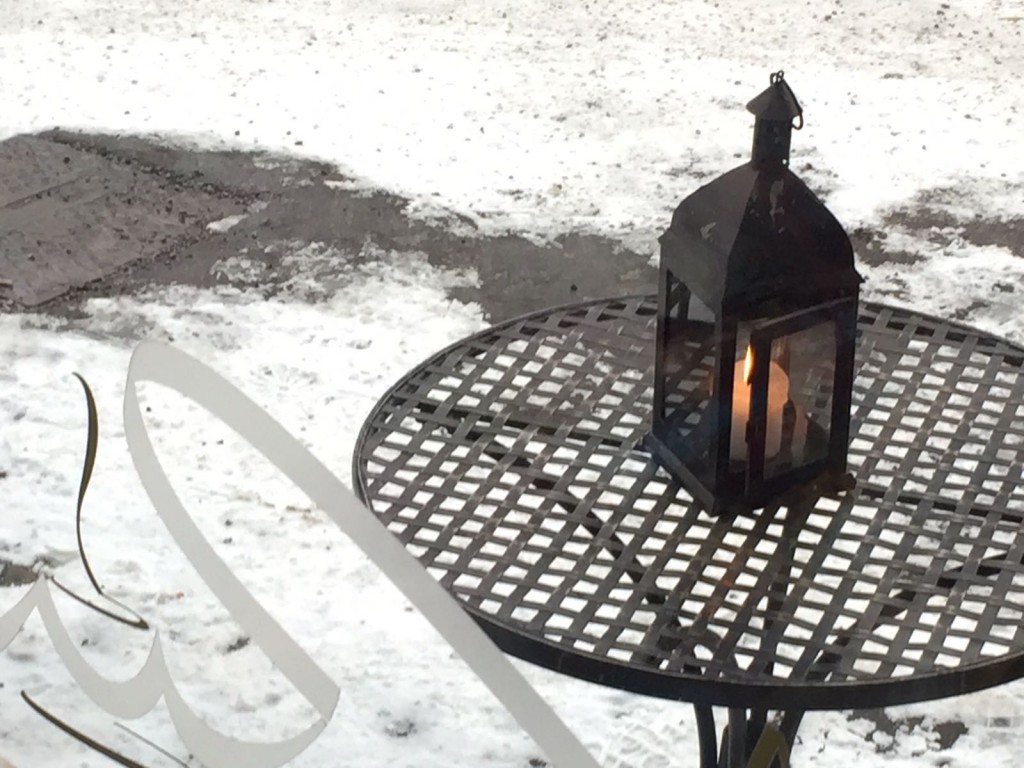We liked so much the Runo Kahvi we went to last time that for this week’s meeting we decided to go there again. With books everywhere and the smell of coffee, a cozy feeling perfect for starting learning german / spanish surrounds the place. For this week we chose the topic of idioms, which was both interesting and entertaining to learn.

A list of spanish idioms was our starting point. Eider and I read each idiom and then Christina tried translating it to english and guessing out its meaning (although most of the times it was a metaphorical one). Once we explained it, she also looked for a similar expression in german. A good example of this method was the idiom “estar como una cabra”, literally “being like a goat” which in fact means being crazy. This had a german equivalent, “einen vogel haben” literally “to have a bird” but used to say “to be nuts”. The whole translating procedure was as well great for learning new vocabulary, for example with spanish “lengua” and “boca”, tongue and mouth or with german “ziege” goat.
Later we started reading german expressions. The material we found for these ones was rich and included many idioms, for example one which Christina said she used a lot, “Ich bin fix und fertig”, meaning I’m exhausted, useful for our studying days. The list also included many short expressions necessary for everyday life, like “genau”, exactly or “prima!”, great. We also looked for an equivalent in Spanish, such as “exactamente” for “genau” or “fantástico” for “prima!”. I was personally really surprised by the unpredictability of some of the german expressions, being the most unexpected one “Nullachtfünfzehn”, which litearlly means 08/15 but stands for “Nothing special”.

When it came to learning these idioms in both languages it was always clear that the ones which made more sense were the easiest to remember. Therefore, we always tried to explain the connection between the metaphorical and the literal meaning. A good example of this was “Empezar la casa por el tejado”, literally “To start the house by the roof”, easily connected to the meaning do things in the wrong order. For the german ones which were not so clear it was helpful using funny examples easy to remember. According to this, for “Ach du grüne Neune”, expression for a negative surprise, we made the sentence: “You are pregnant! Ach du grüne Neune”.
Summing up, I really think this meeting was useful for our everyday life as german and spanish students. In further meetings, I hope to keep using this effective methods (such as using the words in examples or trying to look for similarities in other languages) so as to continue learning idioms and expressions.




Comments